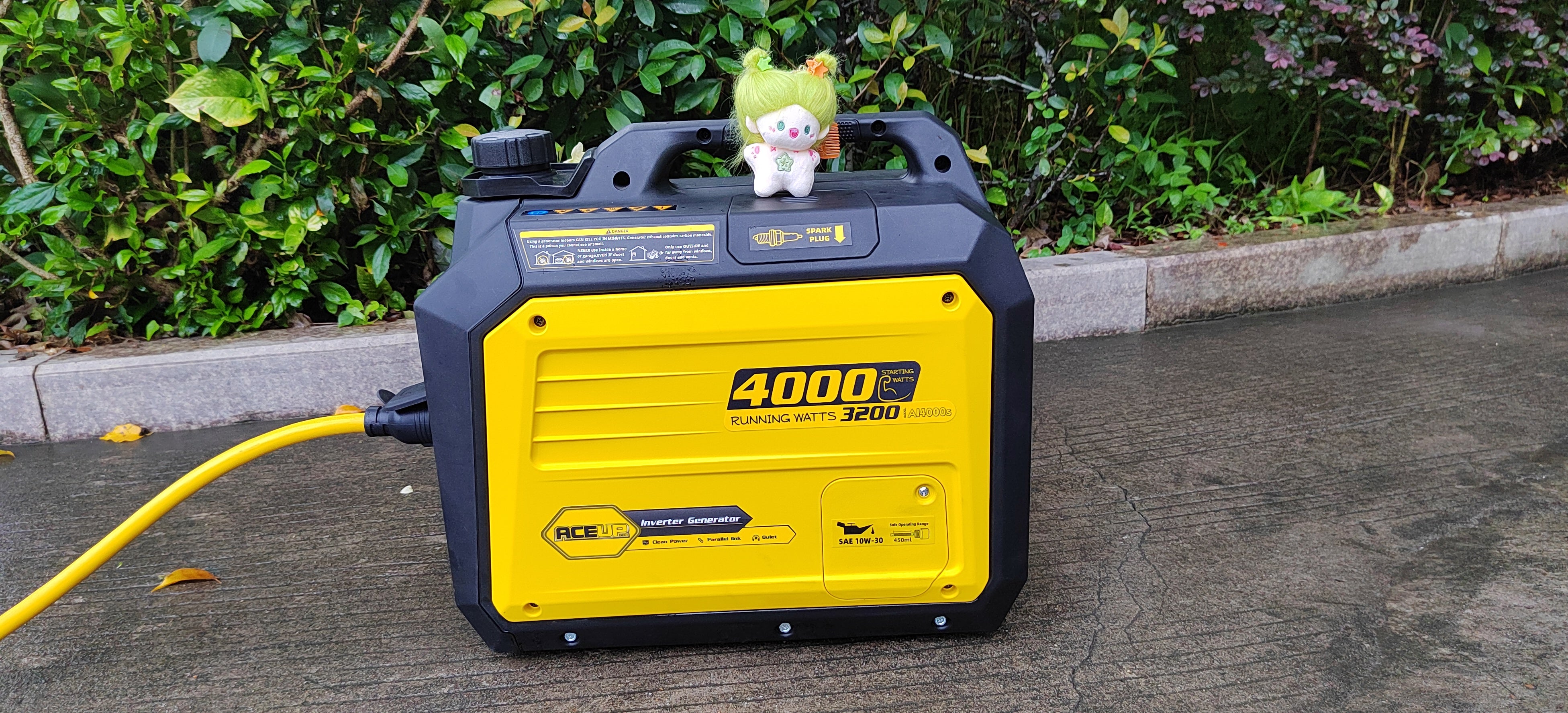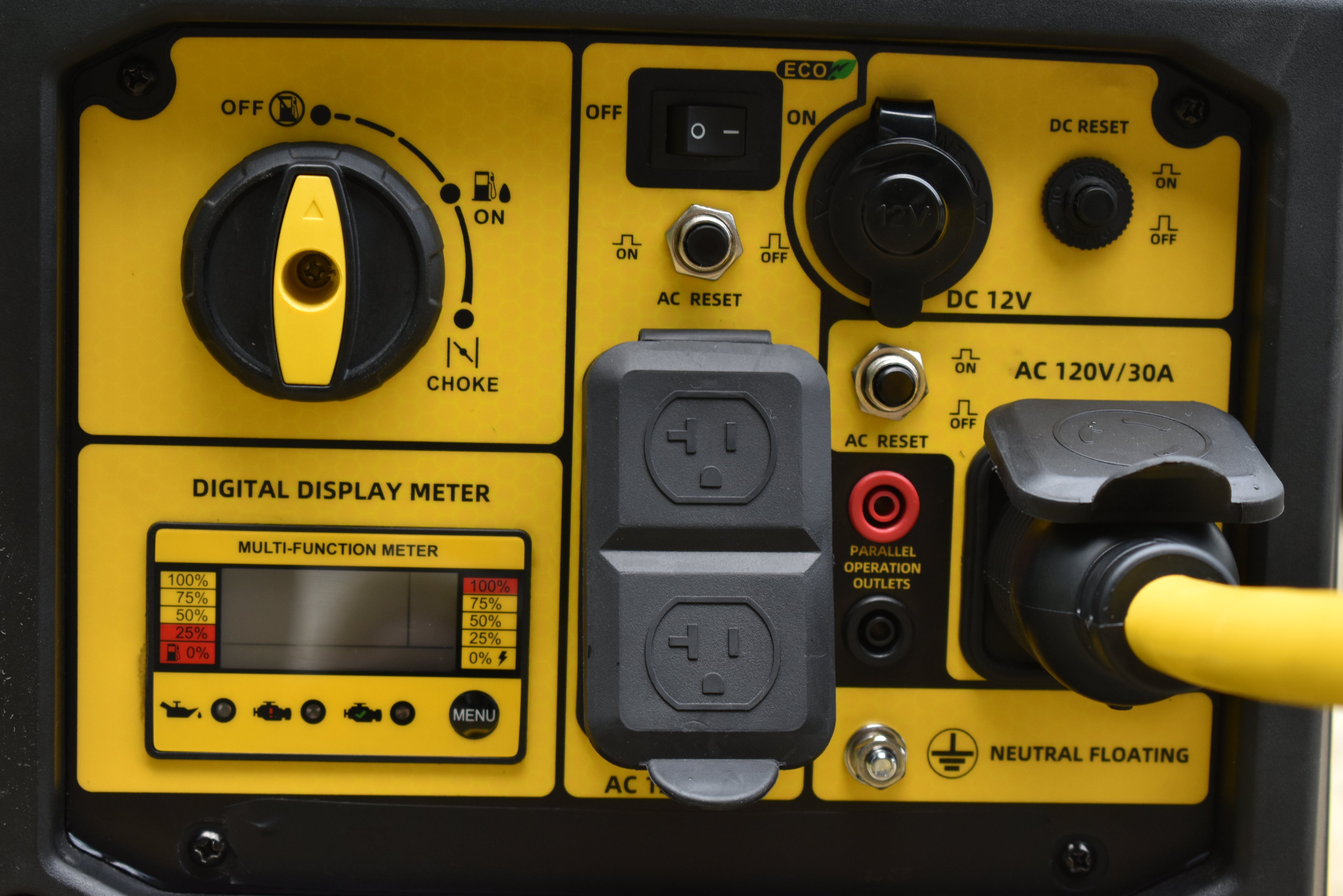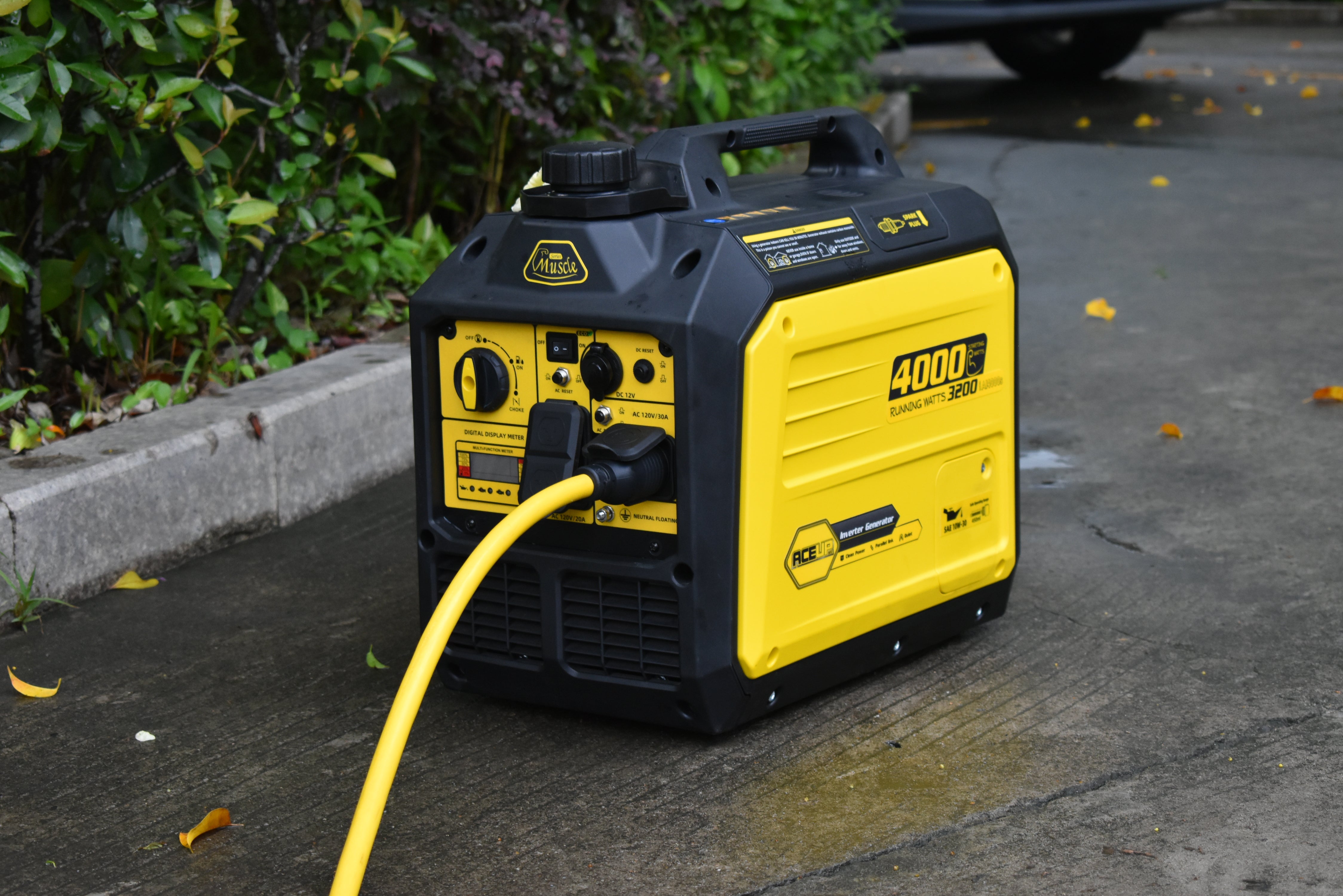
The Importance of Having a Gasoline-Powered Generator During an Energy Crisis
In times of energy crises, having a gasoline-powered generator can be essential for maintaining basic utilities and ensuring survival. Gasoline generators are portable, reliable, and versatile, making them a valuable resource when the power grid is disrupted due to natural disasters, fuel shortages, or other emergencies.
One of the primary benefits of a gasoline generator is its ability to provide immediate power to essential appliances, such as refrigerators, medical equipment, and heating or cooling systems. In the absence of electricity, these appliances become critical for maintaining comfort, food preservation, and even health. For example, a generator can help prevent food spoilage during long power outages, keeping perishables safe until the power is restored.
Moreover, gasoline-powered generators are relatively easy to use and maintain. Gasoline is widely available in most areas, which makes refueling more convenient than other types of fuel. This accessibility is particularly important during a crisis when other energy sources may be scarce. Additionally, gasoline engines are typically more compact and portable than their diesel or natural gas counterparts, making them suitable for use in a variety of situations, whether at home or on the move.
However, it is important to consider safety precautions when using a gasoline-powered generator, such as ensuring proper ventilation to avoid carbon monoxide poisoning and following manufacturer guidelines for installation and use. Despite these precautions, having a gasoline generator on hand can provide a crucial backup power source during an energy crisis, helping individuals and families navigate through challenging times with greater resilience.







